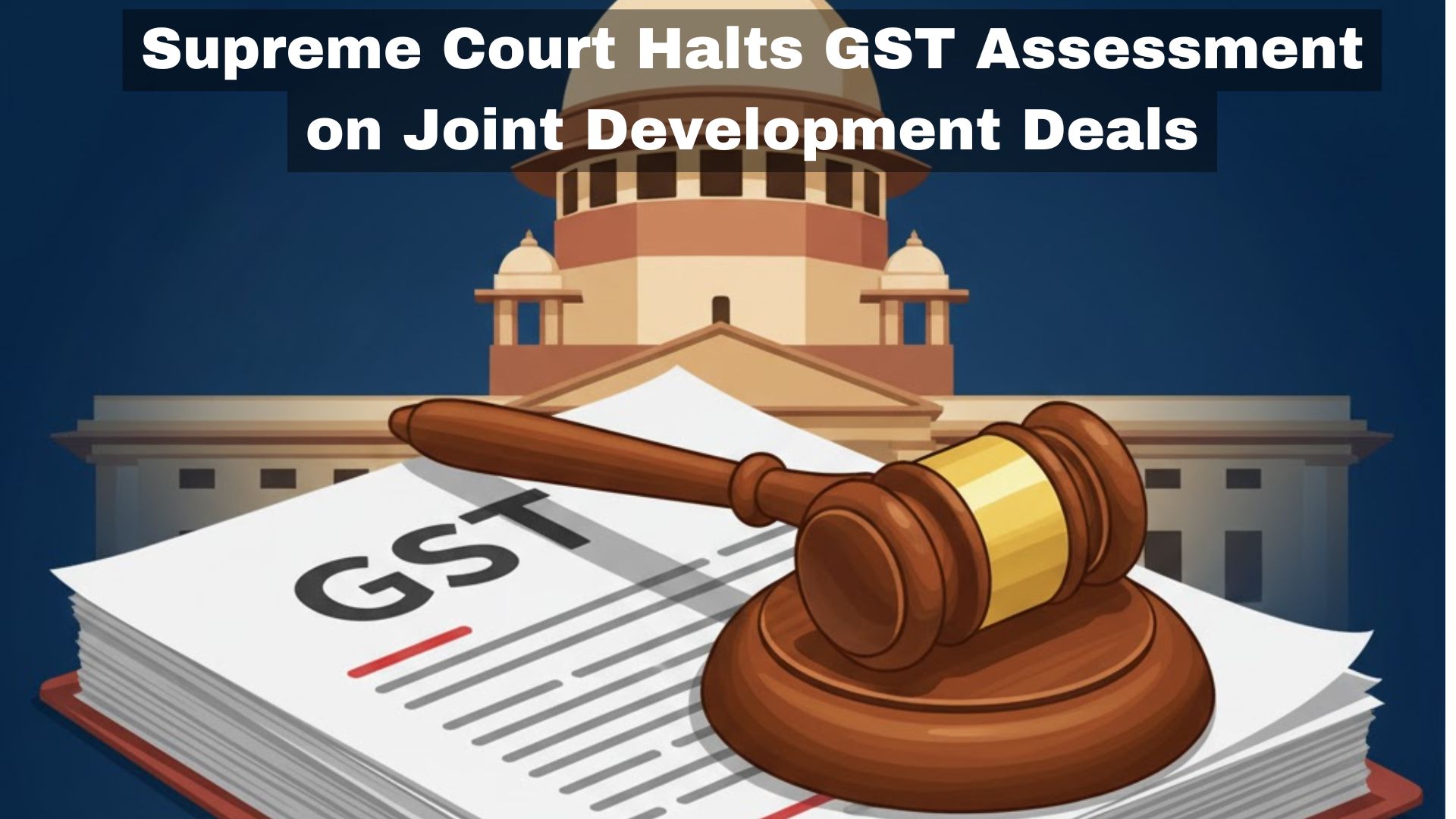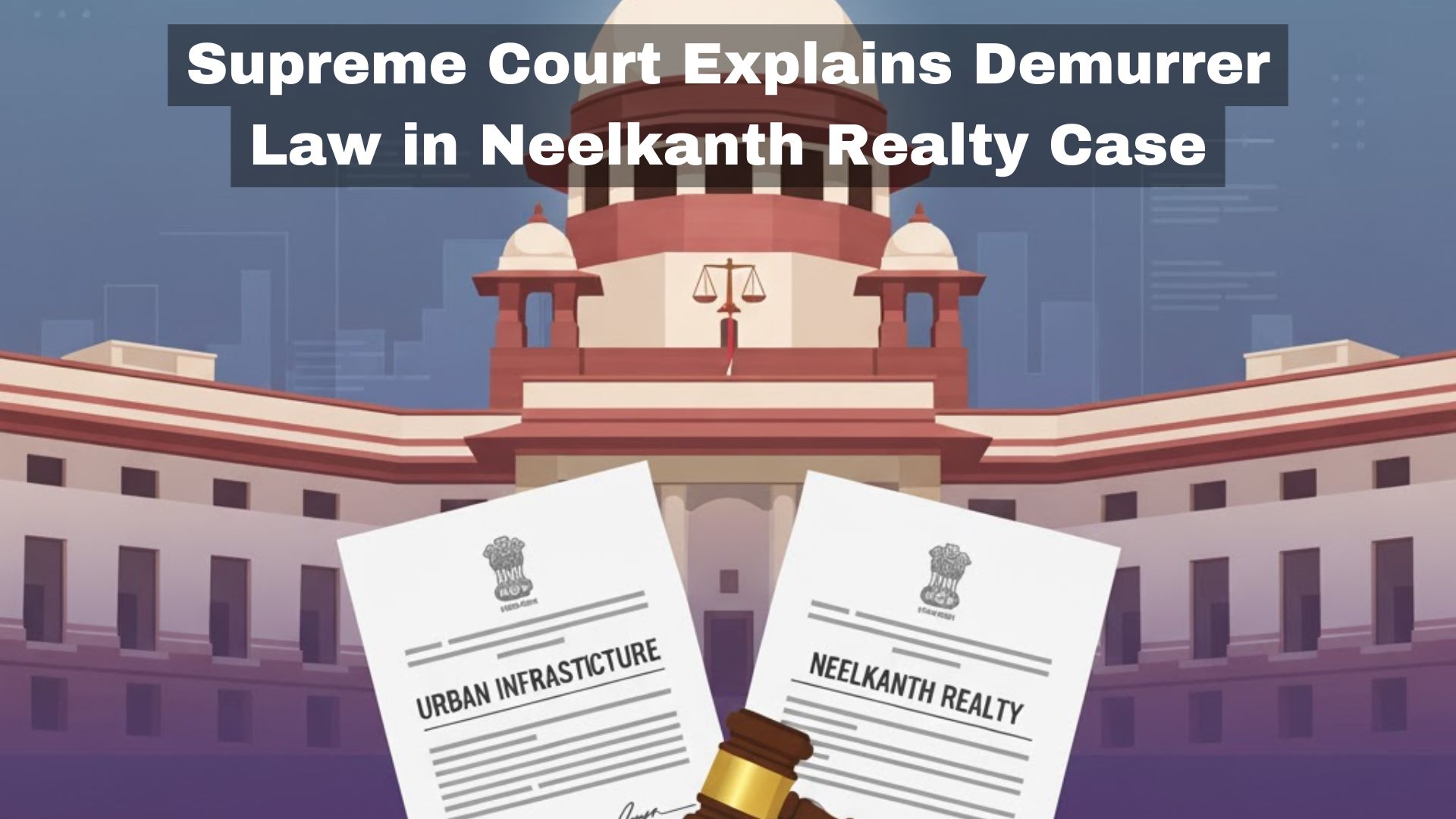@JUDGMENTTAG-ORDER
Sheel Nagu, J.@mdashCase Diary is perused.
Learned counsel for the rival parties are heard.
Applicant apprehends arrest in connection with offences punishable u/Ss. 147, 148, 149 and 302 I.P.C. registered as Crime No. 130/2013 at
Police Station Gohad Chauraha, District Bhind.
2. Learned Public Prosecutor for the State opposed the application and prayed for its rejection by contending that on the basis of the allegations
and the material available on record, no case for grant of anticipatory bail is made out.
3. The prosecution story alleges that the applicant has caused gun shot injury to the deceased, who had died on account of the said injury and,
therefore on merits the case for anticipatory bail is not made out.
4. However, the learned counsel for applicant contends that the applicant was juvenile on 27.05.2013 when the accident occurred based upon his
date of birth of 12.04.1996 and, therefore deserves bail as a matter of right so long as the question of his juvenility is not settled by the Juvenile
Justice Board or by the trial Court as held by the decision of Single Bench of this Court in the case of Nagendra alias Pradeep Singh Vs. State of
M.P. 2002 (II) MPWN 123.
5. Perusal of the abovecited case of Nagendra (Supra) reflects that the Court granted anticipatory bail awaiting proof of juvenility of the applicant
in that case.
6. The abovesaid case does not lay down any law and thus has no precedential value.
7. The provision of Section 12(1) of the Juvenile Justice (Care and Protection of Children) Act, 2000 (for brevity ""the Act of 2000"") provides for
bail of juvenile in the following terms:-
12. Bail of Juvenile.- (1) When any person accused of a bailable or non-bailable offence, and apparently a juvenile, is arrested or detained or
appears or is brought before a Board, such person shall, notwithstanding anything contained in the Code of Criminal Procedure, 1973 (2 of 1974)
or in any other law for the time being in force, be released on bail with or without surety or placed under the supervision of a Probation Officer or
under the care of any fit institution or fit person but he shall not be so released if there appears reasonable grounds for believing that the release is
likely to bring him into association with any known criminal or expose him to moral, physical or psychological danger or that his release would
defeat the ends of justice.
(2) When such person having been arrested is not released on bail under sub-section (1) by the officer-in-charge of the police station, such officer
shall cause him to be kept only in an observation home in the prescribed manner until he can be brought before a Board.
(3) When such person is not released on bail under sub-section (1) by the Board it shall, instead of committing him to prison, make an order
sending him to an observation home or a place of safety for such period during the pendency of the inquiry regarding him as may be specified in the
order.
8. A bare reading of the abovesaid provision discloses that it applies to juveniles who have been arrested and, therefore does not pertain to a
juvenile who apprehends arrest. In sum and substance, the terminology used in Section 12(1) indicates that it does not relate to concept of
anticipatory bail. However, the said provision excludes the operation of the Code of Criminal Procedure, but that exclusion pertains only to a
juvenile who is either arrested or detained or appears or is brought before a Board but not to a juvenile apprehending arrest. However this court
does not wish to record any finding in this regard as it intends to decide this case for different reasons assigned infra.
9. A further close scrutiny of the said provision of Section 12(1) of the Act of 2000 bestows jurisdiction upon the competent Court not to release
the juvenile if the following conditions exist:-
1. There appears reasonable ground for believing that the release is likely to bring the juvenile into association with any known criminal;
2. There appears reasonable ground for believing that the release is likely to expose the juvenile to moral, physical or psychological danger; and
3. The release of juvenile would defeat the ends of justice.
10. Looking to the allegations contained in the prosecution story, it prima facie appears that the applicant, who was more than 17 years of age at
the time of incident, has acted not out of impulse but intent. It does not appear to be a case of sudden fight or grave provocation. The entire act of
murder executed by the applicant seems to be premeditated. The applicant has demonstrated criminal bent of mind which is potentially dangerous
to the peace of society at large if the applicant is extended the benefit of anticipatory bail. On the other, his arrest may give him time to indulge in
remorse and repentance thereby affording him opportunity in solitude of purging his soul of the criminal taint and in the process making him a better
citizen.
11. Further reliance is placed by counsel for petitioner on the decision in the case of Rahul Mishra Vs. State of M.P., and Girraj Yadav Vs. The
State of Madhya Pradesh, which are of no avail to petitioner since this Court herein has held that grant of bail to petitioner shall be detrimental to
the society and so also to the petitioner.
12. In view of the above, the grant of anticipatory bail to petitioner shall defeat the ends of justice. Therefore, it would not be appropriate at this
stage to extend the benefit of anticipatory bail to the applicant and hence the present bail application is rejected with liberty to the petitioner to
apply for regular bail, which shall be considered by the trial court strictly in terms of the provisions of the Act of 2000 without being influenced by
this order.

